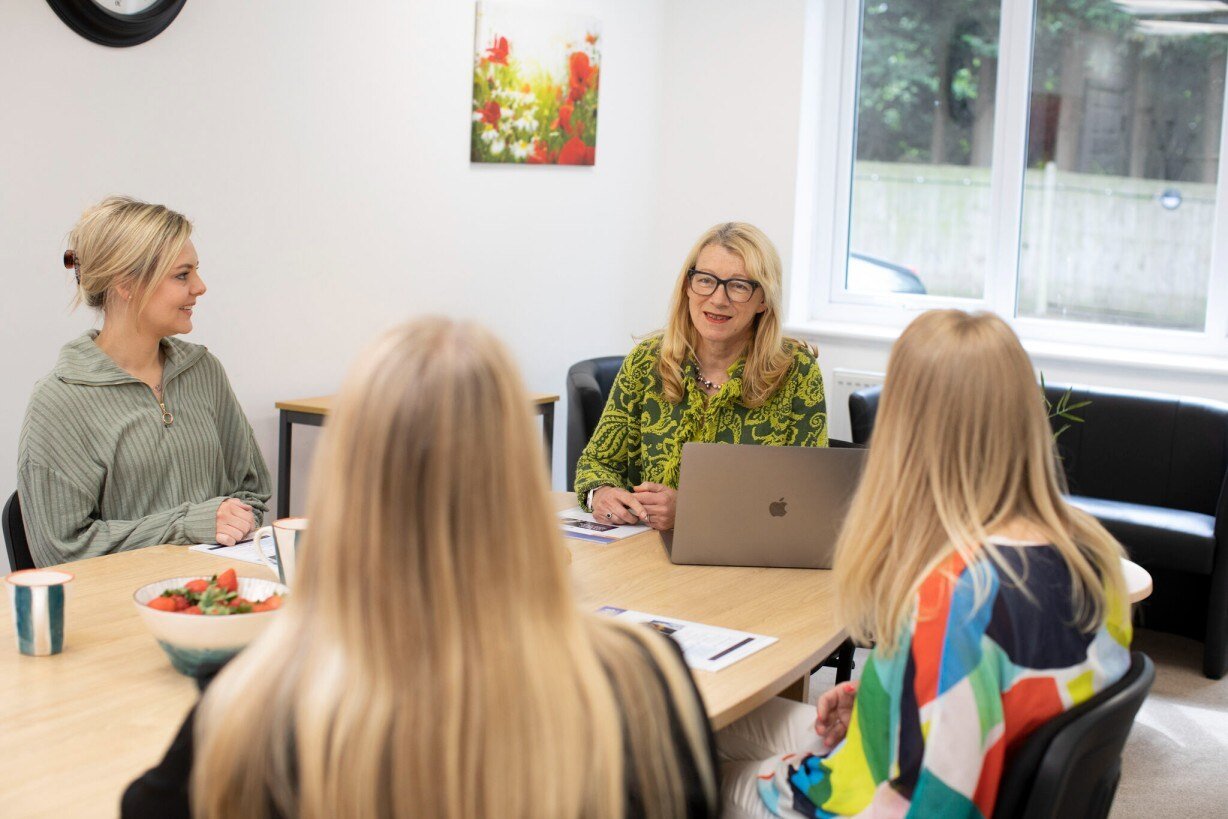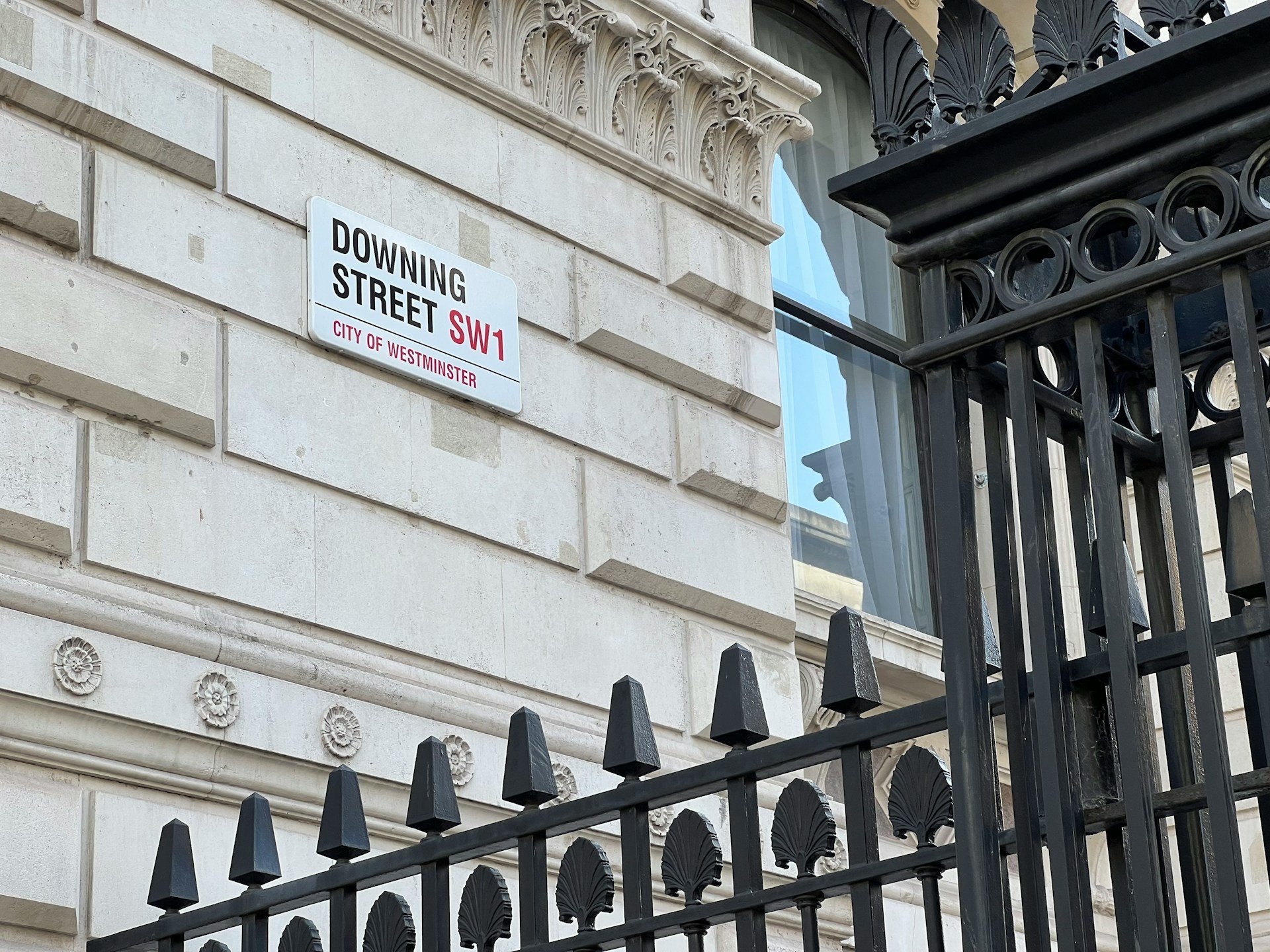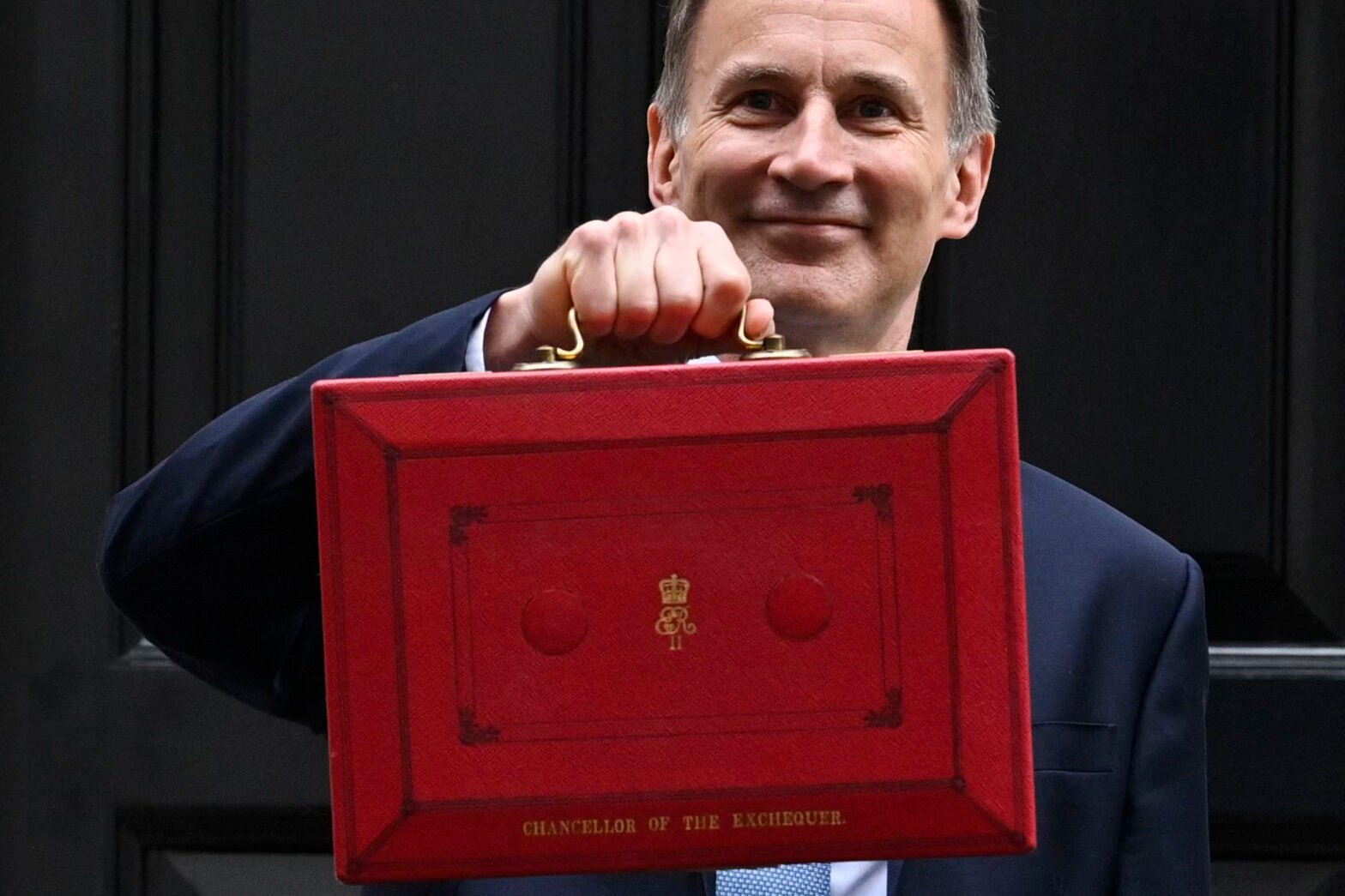
Business Grants for Women: Funding Opportunities for Female Entrepreneurs
by Tara Covell
Listen to Audio Version:
Last Updated: 4 March, 2025
Starting or growing a business is no small feat, and for female entrepreneurs in the UK, access to funding can often be a major hurdle. While securing investment or loans is one route, business grants for women offer an invaluable opportunity to gain financial support without the burden of repayment. But with so many funding options available, where should you begin?
This guide explores the best small business grants for women, how to apply, and what you need to know to improve your chances of securing funding. Whether you’re launching a startup or looking to scale an existing business, there are opportunities out there designed to help you succeed.
Why Are Business Grants for Women Important?
Although the number of female entrepreneurs in the UK has been steadily rising, women still face barriers to funding compared to their male counterparts. According to research from the British Business Bank, female-led businesses receive less venture capital investment, making alternative funding options even more important.
Small business grants for women can provide the financial boost needed to invest in new technology, hire staff, develop products, or expand into new markets. Many of these grants also come with mentorship, networking opportunities, and business development support, which can be just as valuable as the funding itself.
The Gender Funding Gap
Source: UK VC & Female Founders Report
Access to funding remains a significant challenge for female entrepreneurs in the UK. Recent statistics highlight the disparities:
-
Funding Disparity: Research from 2019 indicates that for every £1 of venture capital investment in the UK, all-female founder teams receive less than 1p, while all-male founder teams secure 89p.
-
Entrepreneurial Representation: Only one in three UK entrepreneurs is female, and female-led businesses are, on average, 44% the size of male-led businesses in terms of economic contribution.
-
Growth Challenges: Male-run small and medium-sized enterprises (SMEs) are five times more likely to scale up to a £1 million turnover than their female-run counterparts.
These statistics underscore the importance of targeted support and funding opportunities to bridge the gap and empower more women to succeed in entrepreneurship.
Findings from the Alison Rose Review
The Alison Rose Review of Female Entrepreneurship provides further insights into the challenges women face in business. Key findings include:
-
Lower Access to Finance: Women often have less access to capital, with the average starting capital for female-led businesses being 50% lower than that of male-led businesses.
-
Risk Perception: A higher proportion of women cite the fear of starting a business alone as a constraint, indicating a different risk appetite than men.
-
Perceived Lack of Skills and Experience: Women are less likely to believe they possess the necessary skills to start a business, which can deter entrepreneurial pursuits.
-
Disproportionate Childcare Responsibilities: Women spend significantly more time on childcare than men, limiting the time available to dedicate to their businesses.
-
Lack of Sponsorship and Role Models: Fewer women have access to mentors and role models in entrepreneurship, which can impact their business development.
In response, the UK government aims to increase the number of female entrepreneurs by 50% by 2030, aiming for nearly 600,000 additional female-led businesses. Initiatives like the Investing in Women Code have been introduced to support this goal by improving funding access for female entrepreneurs.
Findings from the UK VC & Female Founders Report
The UK VC & Female Founders Report highlights the gender disparity in venture capital funding. Key findings include:
-
Funding Allocation: All-female founder teams received less than 1% of total UK VC investment, while all-male teams secured 89%.
-
Deal Distribution: 83% of UK VC deals involved all-male founding teams, compared to only 4% for all-female teams.
-
Recent Progress: In 2023, all-female founder teams secured 162 deals worth £232 million, accounting for 8.2% of all UK VC deals.
-
Investing in Women Code Impact: The 2023 Investing in Women Code Annual Report found that 32% of venture capital deals by signatories involved at least one female founder, with 9% going to all-female teams.
Available Funding Options for Female Entrepreneurs
There are numerous funding opportunities available for female entrepreneurs in the UK. Here are some key grants and funding programs, along with details on how much funding is available and how to apply:
1. Women in Innovation Awards
-
Amount: £50,000 grant + business support
-
Who can apply? Women-led businesses working on innovative projects.
-
How to apply? Innovate UK website for application deadlines.
2. The Prince’s Trust Enterprise Programme
-
Amount: Small startup grants + low-interest loans
-
Who can apply? Women aged 18-30 looking to start a business.
-
How to apply? Register for support on the Prince’s Trust website.
3. Female Founders Fund
-
Amount: $500K – $750K in investment funding
-
Who can apply? Women-led businesses across various industries.
-
How to apply? Visit the Female Founders Fund website to check eligibility.
4. Small Business Grants from Local Councils
-
Amount: Varies depending on the council
-
Who can apply? Female entrepreneurs and small business owners.
-
How to apply? Check your local council website for grant listings.
5. NatWest Back Her Business
-
Amount: Crowdfunding support + matched funding
-
Who can apply? Women looking to start a business with crowdfunding assistance.
-
How to apply? Visit the NatWest Back Her Business website to start a campaign.
6. British Business Bank’s Start-Up Loans
-
Amount: Up to £25,000 per founder + mentoring
-
Who can apply? Startups across the UK, including female-led businesses.
-
How to apply? Visit the British Business Bank website to apply.
7. Local Enterprise Partnerships (LEPs)
-
Amount: Varies by region
-
Who can apply? Female entrepreneurs looking for regional funding.
-
How to apply? Check your local LEP website for available funding options.
8. Arts Council Grants
-
Amount: Variable funding for arts-based businesses
-
Who can apply? Women in creative industries and arts-based businesses.
-
How to apply? Visit the Arts Council website for details on the grant.
Final Thoughts
Accessing the proper funding can be a game-changer for women in business. Whether you’re launching a startup, scaling a company, or innovating within your industry, small business grants for women provide the financial boost needed to make a real impact.
By exploring the available options, preparing a strong application, and leveraging additional support, you can increase your chances of securing funding and setting your business up for long-term success.
Looking for more business growth support? At The Alternative Board, we help business owners navigate challenges and seize opportunities with expert advice and peer support. Find out more about how TAB can help your business thrive.
Related articles

Business Support Funds: What's Available in the UK (2024)
This is a comprehensive guide to the support funds available for businesses in the UK. Learn which business support funds you could claim with this in-depth post.

What does the next general election mean for small businesses?
Explore the latest UK political proposals to support small businesses, promote sustainable development, and boost the housing market.

The Spring Budget: What Does It Mean For Small Businesses?
Discover how the UK Spring Budget will impact small business owners with tax changes, energy bill support, childcare reforms, and more.





